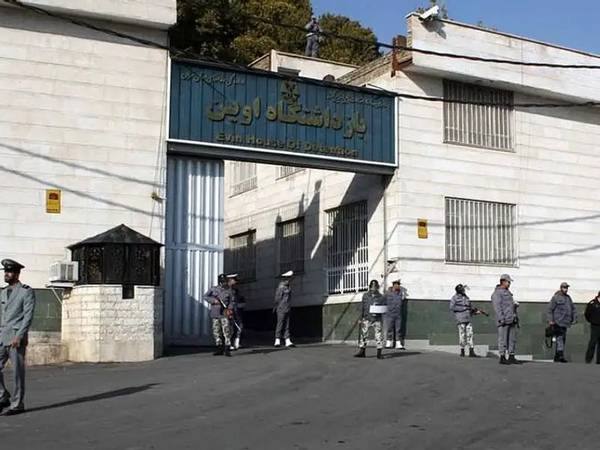Twenty-two female political and ideological prisoners in Tehran’s Evin Prison have released an open letter demanding an immediate halt to the sexual harassment of inmates during body searches.
"We, a group of female political and ideological prisoners in Evin prison, are demanding accountability for the unconventional body searches and sexual harassment of several inmates during these inspections. If the authorities do not respond, we will resort to protest actions," their letter published on political prisoner Gholrokh Iiraee’s X account on Sunday said.
Recent reports have shed light on incidents of sexual assault and abuse within Iran’s prison system.
In late May this year, a source close to the families of political prisoners revealed that female prison guards sexually assaulted the wife of a political prisoner during a body search.
"These body inspections have become an excuse to sexually harass prisoners," said journalist and human rights activist, Reza Akvanian, commenting on the situation in an interview with Iran International.
While technology exists to conduct non-invasive scans, Akvanian said, Iranian prisons continue to allow invasive procedures that can result in sexual harassment. Akvanian doubted the Islamic Republic’s judiciary's willingness to address these violations, citing past neglect and the stepped-up sentences faced by activists who report such abuses.
Nobel Peace Prize laureate, Narges Mohammadi, imprisoned in Evin and one of the signatories of the letter, faced new charges earlier this year after exposing incidents of sexual harassment against detained women.
A March 2024 report from the UN’s Independent Fact-Finding Mission (FFM) on Iran confirmed instances of sexual violence, including gang rape and forced nudity inflicted upon those detained during Iran’s nationwide Women, Life, Freedom protests following Mahsa Amini's death in police custody in 2022.
“To extract confessions, punish and humiliate detained women, girls, men and boys, security officers subjected them to sexual and gender-based violence, including rape, gang rape, rape with an object, and forced nudity, as well as beatings, flogging and burning, the use of electric shocks, suspension, and stress positions, in acts amounting to torture,” the FMM said in their report.
Last year Human Rights Watch and Amnesty International released reports detailing sexual assault by agents of the IRGC, Basij, Ministry of Intelligence, and various police departments against women, men, and children during the protests following Amini's death.
